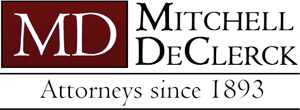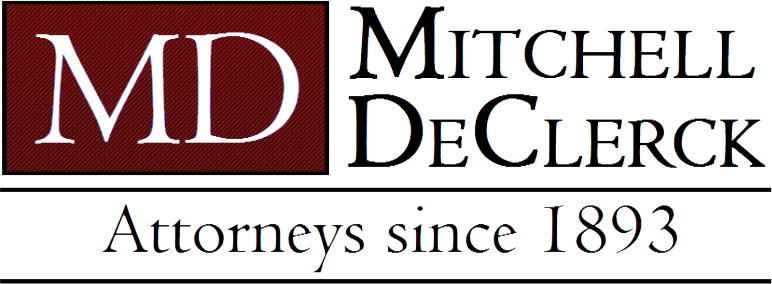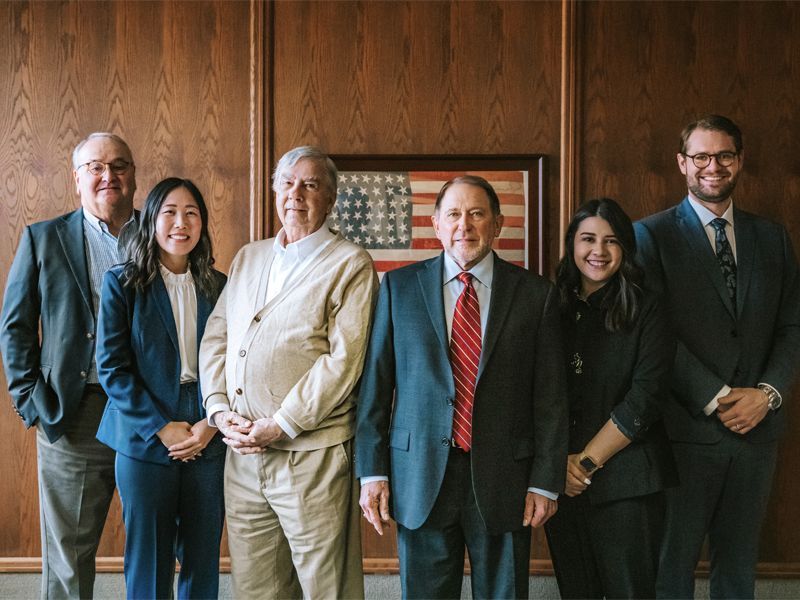Oklahoma’s Oldest Law Firm

Professional, Effective And Efficient Legal Guidance
Mitchell DeClerck, PLLC, is a general practice law firm with a reputation for client-centered, results-driven service. We help clients resolve legal issues ranging from criminal charges and bankruptcy to estate planning and administration. Whatever your needs, our legal team is prepared to listen, develop a strategy that meets your needs and help you move forward toward an efficient and effective solution.
Our Practice Areas
Devoted To Our Community
Meet Our Attorneys
Legal Solutions Tailored To Your Needs
At Mitchell DeClerck, PLLC, there are no one-size-fits all solutions. We understand that your legal goals and needs are as unique as you are. Contact us today to schedule a free initial consultation. Call 580-498-1787 or complete our online intake form.











